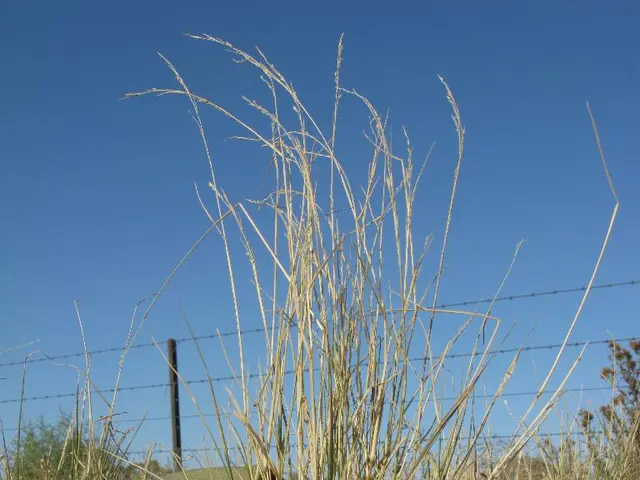Fortunately illuminated African mining and port operations now have a potential guard against frequent power outages, with the introduction of a $287,000 network center.
Sedna Africa, a systems integrator based in Johannesburg, South Africa, has been making waves in the industrial sector by providing connectivity solutions for heavy industries such as mining, ports, and manufacturing entities. With a focus on mission-critical environments, the company's mobile private networks (MPNs) act like private highways for data, enabling transformative technologies and improving operational efficiency.
One of Sedna Africa's key offerings is its private LTE networks. These networks have been instrumental in enabling connected workers, asset tracking, paperless workflows, and real-time logistics management at ports. The technology inside Sedna Africa's Network Operations Centre (NOC) is military-grade, trusted by the US Department of Defense, ensuring the highest level of security and reliability.
The NOC integrates live feeds from IoT devices, fibre sensors, mobile networks, and security cameras into a single command hub. This allows for predictive monitoring, real-time logistics management, and connected workers at ports. Sedna Africa's AI systems learn what "normal" looks like in a given environment and automatically flag anomalies such as after-hours intrusions, helping utilities and energy distributors prevent small disturbances from escalating into catastrophic outages.
Sedna Africa's investment in its new NOC in Johannesburg is $287,000, not $287 million as previously stated. This investment is expected to redefine industrial connectivity across the continent. The company has successfully deployed its technology in Senegal, Burkina Faso, Zimbabwe, Zambia, and Mozambique, and is planning to expand into Nigeria, targeting the country's ports and industrial hubs as its next growth frontier in Africa.
Sedna Africa's technology also enables transformative technologies such as autonomous drones and underground private networks for automating ore transport. Distributed fibre sensing extends security coverage up to 50 kilometres and can pinpoint activity within 10 metres, detecting digging, vandalism, or leaks along pipelines within seconds.
Founded in 2006, Sedna Africa has grown to become one of Africa's biggest providers of private mobile networks and digital industrial infrastructure. With a philosophy of collaborative growth, Sedna Africa aims to share knowledge, build capacity, and help Africa become globally competitive in industrial digitalisation. The global industrial connectivity market is valued at nearly $15 billion, and Sedna Africa is at the forefront of this rapidly growing sector.







